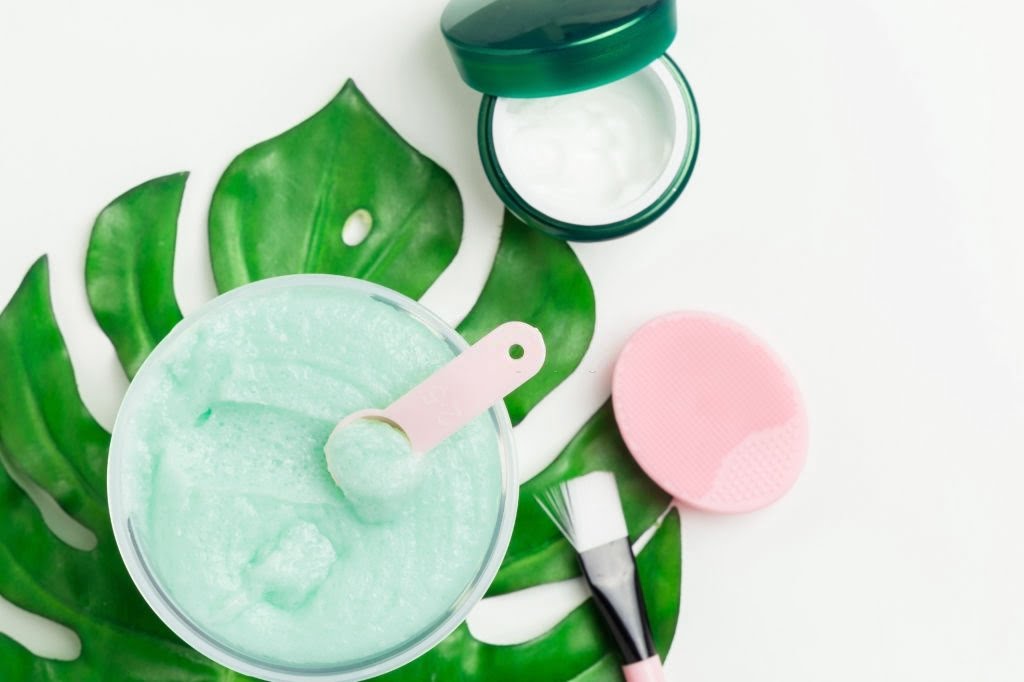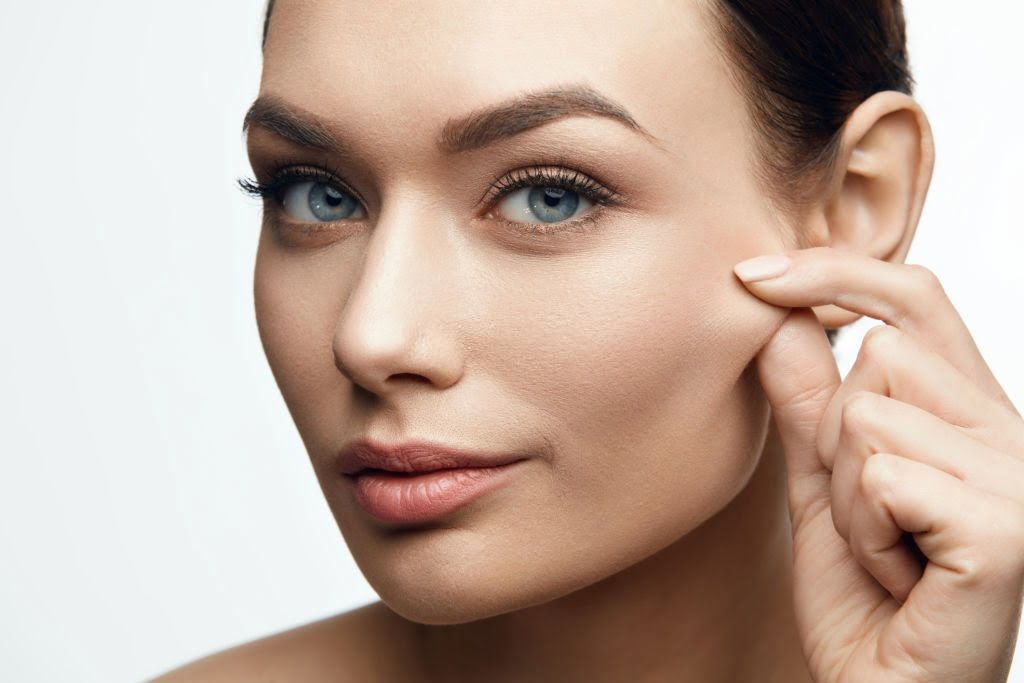You may wonder what is the use of natural sunscreen or why bother looking for the best natural sunscreen. The skin is the body’s largest organ, and nearly everything we apply to it is absorbed systemically. This goes for sunscreen too, as consumers are advised to apply liberally and reapply regularly. This can result in significant exposure to the product’s components, which is especially dangerous for newborns and small children.
Sunscreens are classified into two categories: chemical and mineral (natural).
Chemical sunscreens contain two or more compounds that act as a filter, preventing the sun from reaching the skin.
Mineral sunscreens contain zinc oxide and/or titanium oxide, which are compounds suggested by the Environmental Working Group (EWG), a non-profit advocacy organization based in the United States that focuses on toxic chemical advocacy.
What is a natural sunscreen?
Natural sunscreen is sometimes referred to as mineral or physical sunscreen due to the fact that it contains zinc oxide, titanium dioxide, or a mix of the two to block and reflect the sun’s damaging rays away from your skin.
Numerous certified organic natural sunscreen products are also devoid of harmful substances such as parabens and phthalates. The majority of sunscreens available at drugstores are chemical sunscreens, which means they contain compounds such as oxybenzone and avobenzone to absorb UV rays.

Chemical sunscreen Vs. All Natural sunscreen
Sunscreen is critical for protecting the skin from the dangers of excessive sun exposure, such as sunburn, UV damage, and melanoma. Additionally, it helps minimize the aging effects of UV rays, including fine lines and wrinkles, rough skin, and hyperpigmentation.
The term “absorbers” is frequently used to refer to chemical sunscreens. Organic (carbon-based) molecules that absorb UV radiation are their active components. These chemical components convert UV photons to heat and then release that heat from the skin via a chemical process.
On the other side, natural sunscreens act as “reflectors.” Zinc oxide and titanium dioxide are the active components, both of which function as physical blockers. These minerals present in all-natural sunscreen operate as a protective barrier against damaging UV radiation and reflect them before they reach the skin’s surface.
ZINC OXIDE – What is it?
Mineral sunscreens often contain zinc oxide, which acts as a physical barrier to UV radiation. Zinc oxide application in sunscreens has advanced significantly since then and is now available in lightweight, layer-able compositions that provide the same level of sun protection but with a more natural appearance. Here are some of the numerous benefits of zinc oxide for the skin.
Benefits of ZINC OXIDE
ZINC OXIDE maintains a cooling effect on the skin
In comparison to chemical sunscreens, which absorb UV radiation and convert them to heat, zinc oxide keeps the skin calm and breathable. It reflects the sun’s UV rays’ heat and energy away from the skin, thereby maintaining the skin’s temperature. As a result, mineral sunscreen is especially beneficial for reducing skin inflammation and redness caused by acne, rosacea, and skin sensitivity.
ZINC OXIDE provides physical protection from the sun
While zinc occurs naturally, zinc oxide is formed when the mineral zinc is combined with oxygen molecules. When these two elements are vaporized and condensed, a thin powder forms on top of the skin, providing protection from UVA and UVB rays. Zinc oxide, in addition to being a physical barrier, functions as a mirror, reflecting UV rays before they reach the skin’s surface. This is why buying the best natural sunscreen is worth it.
Contributes to Collagen production
UV radiation is the primary cause of accelerated aging. Sun damage exposes the skin to damaging free radicals, which degrade and destroy collagen, a protein necessary for maintaining the tone, plumpness, and elasticity of the skin. By activating the protein collagenase, zinc acts as a cofactor in collagen formation and natural sunblock. This protein stimulates the formation of collagen, which is necessary for the development and repair of connective tissue such as your skin.

Aids in the treatment of acne
Zinc oxide is effective in treating acne-prone skin. Zinc efficiently decreases skin inflammation, inhibits the growth of acne-causing bacteria, and regulates sebaceous gland activity, according to studies. Additionally, it possesses astringent characteristics that help to tighten and decrease the appearance of pores thus acting as a natural sunblock.
Benefits of Natural sunscreen
Protection from the entire spectrum of UV light
Natural sunscreen shields the skin from the entire spectrum of UV light. Chemical sunscreens feature filters that block UVB light, the type of wavelength that causes damage to the skin’s superficial layers and sunburns. Fortunately, natural sunscreens containing zinc oxide and titanium dioxide protect against UVA wavelength as well, which penetrates clouds and glass and causes severe photoaging in the form of wrinkles and sunspots. When purchasing a natural sunscreen, search for the terms “wide spectrum” or “full spectrum.” This mark indicates that the product protects against both UVB and UVA rays. As a standard, use an SPF 30 sunscreen.
Does not harm the skin
Natural sunscreens have a lower risk of irritating sensitive skin. Mineral sunscreens are often easily tolerated by sensitive skin types due to the fact that their chemicals do not penetrate the skin. Rather than that, the physical filters in natural sunscreens sit on the skin’s surface and operate as a shield against UV rays. On the other hand, chemical sunscreens can cause photo-allergic contact dermatitis due to their components penetrating the skin.
Protects your skin
Natural sunscreen quickly begins protecting your skin after application. Chemical sunscreens take 20 to 30 minutes to begin acting because they must be absorbed into the skin. This means that you must remain indoors after applying sunscreen until it becomes effective, otherwise you risk sunburn and photoaging. Mineral sunscreens, on the other hand, shield the skin from the sun’s rays physically, which means they begin working immediately after application.
Can be used as makeup
Certain natural sunscreen formulas are suitable for reapplication over makeup. Sunscreen should be applied every two to four hours for best effectiveness, which is a pain if you’re in the middle of your job and wearing a full face of makeup. Mineral sunscreen compacts or powders come in helpful for this. These products can be worn over foundation without jeopardizing a flawless complexion and are ideal for reapplication.
Helps prevent Acne
Natural sunscreens are less prone than chemical sunscreens to aggravate acne. Many people who suffer from acne or blemishes avoid sunscreen out of concern that it would aggravate their symptoms. This is not without reason, as chemical sunscreens can aggravate breakouts, and mineral sunscreens can penetrate pores and create pimples. To avoid this problem, search for the label on your natural sunscreen that says “non-comedogenic.”
FAQS
Which is the best Natural sunscreen for the face?
Juice Beauty and Solara Suncare are the two best natural sunscreens for the face.
Is Coconut Oil a natural sunscreen?
Coconut oil is a natural sunscreen that is effective when combined with other natural ingredients.
How to make natural sunscreen?
A guide for making natural sunscreen can be found here.

